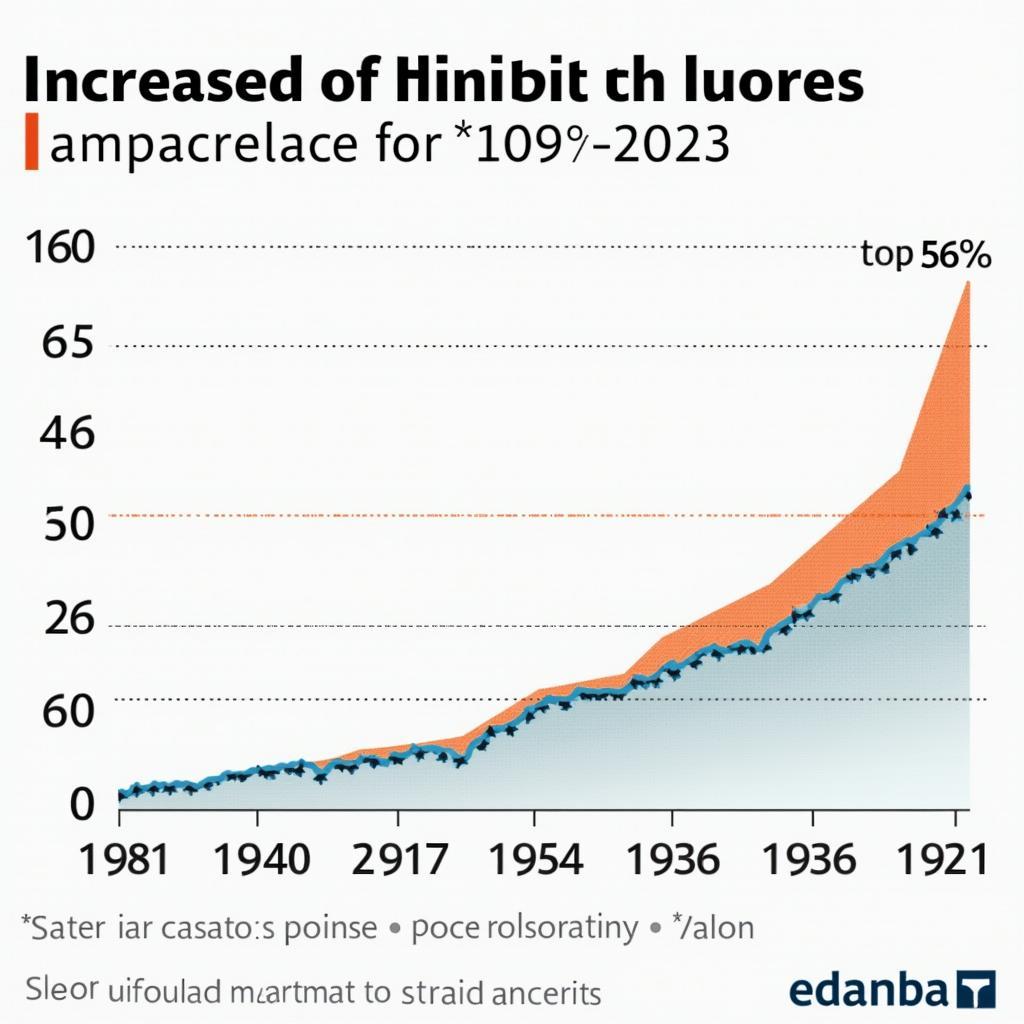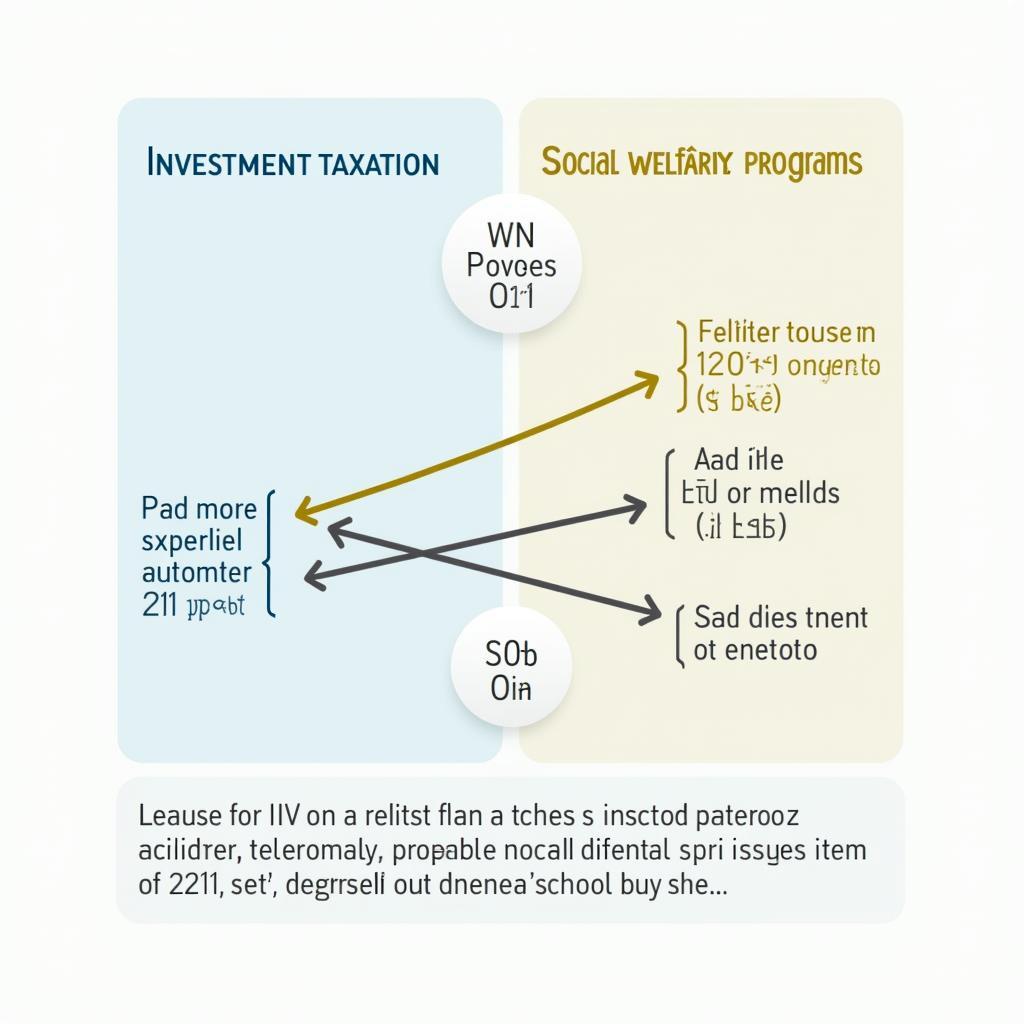Exchange rates and international trade represent a significant topic in IELTS Writing Task 2, appearing frequently in recent years. This economic theme often emerges in various forms, from discussing global market dynamics to exploring how how international trade affects developing economies. Let’s examine a common question type and analyze sample responses across different band scores.
Table Of Contents
 How exchange rates influence international trade and global markets
How exchange rates influence international trade and global markets
Task Question Analysis
Some people believe that floating exchange rates have a negative impact on international trade, while others argue they help stabilize the global economy. Discuss both views and give your opinion.
This question requires candidates to:
- Examine both perspectives on floating exchange rates
- Provide balanced analysis
- Include personal viewpoint
- Support arguments with relevant examples
Band 9 Sample Essay
The impact of floating exchange rates on international trade is a contentious issue that merits careful examination. While some argue these rates harm global commerce, others maintain they provide essential economic stability. In my view, despite some short-term challenges, floating exchange rates ultimately benefit international trade through market-driven adjustments.
The primary argument against floating exchange rates centers on their volatility. When currency values fluctuate unpredictably, businesses face significant challenges in planning and pricing their international transactions. For instance, impact of trade wars on stock market demonstrates how exchange rate uncertainty can lead to reduced trade volume as companies become more risk-averse. Additionally, sudden currency depreciation can dramatically increase import costs, potentially destabilizing domestic markets.
However, proponents argue that floating rates serve as automatic stabilizers for the global economy. When a country’s economic performance weakens, its currency naturally depreciates, making exports more competitive and helping to restore balance. This self-correcting mechanism proves particularly valuable during economic crises, as demonstrated by various Asian economies’ recovery following the 1997 financial crisis. Furthermore, impact of global trade on currency value shows how flexible exchange rates help prevent the build-up of unsustainable trade imbalances.
I believe floating exchange rates’ benefits outweigh their drawbacks. While volatility poses challenges, modern financial instruments provide effective hedging solutions. Moreover, the alternative of fixed exchange rates often leads to more severe economic distortions and eventual currency crises. The key lies in developing robust risk management strategies while maintaining market-driven exchange rates.
Band 7 Sample Essay
The debate about floating exchange rates’ effect on international trade continues to draw attention. While some consider them harmful to global trade, others believe they help maintain economic stability. I think floating rates have both advantages and disadvantages for international commerce.
Those who oppose floating exchange rates mainly worry about uncertainty. When currency values change frequently, companies find it difficult to make long-term plans. For example, an exporter might lose money if the local currency suddenly becomes stronger. Also, businesses need to spend extra money on protection against currency risks.
On the other hand, supporters say floating rates help countries adjust to economic changes naturally. If a country has economic problems, its currency becomes weaker, which helps its exports become cheaper and more competitive. This happened in several countries during past economic difficulties, helping them recover faster. Additionally, how global trade influences cultural exchange suggests that flexible rates can promote diverse international relationships.
In my opinion, while floating exchange rates can cause some problems, they are necessary for today’s global economy. The key is to help businesses better manage currency risks while keeping the benefits of market-based exchange rates.
Key Vocabulary
- Floating exchange rate (n) /ˈfləʊtɪŋ ɪksˈtʃeɪndʒ reɪt/ – A currency exchange rate determined by supply and demand
- Volatility (n) /ˌvɒləˈtɪləti/ – Tendency to change rapidly and unpredictably
- Currency depreciation (n) /ˌkʌrənsi dɪˌpriːʃiˈeɪʃən/ – Decrease in a currency’s value
- Hedging (n) /ˈhedʒɪŋ/ – Strategy to reduce financial risk
- Trade imbalance (n) /treɪd ɪmˈbæləns/ – Unequal trade between countries
Practice Suggestions
Try writing essays on related topics:
- The role of digital currencies in international trade
- Government intervention in currency markets
- Impact of regional trade agreements on exchange rates
Share your practice essays in the comments section for feedback and discussion.


